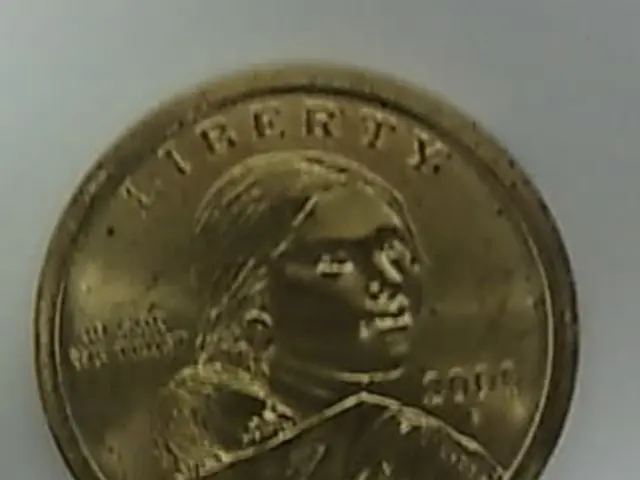Trump's imposed tariffs challenged and overruled by a federal appeals court in the U.S.
United States Appeals Court Reverses Decision, Revives Trump Tariffs
In a swift turn of events, a U.S. appeals court has temporarily reinstated the tariffs imposed by President Donald Trump on various trading partners, just one day after a lower court blocked most of them.
A federal appeals court in Washington D.C. has issued an order that reinstates the controversial tariffs, which were initially ruled as exceeding presidential authority by the U.S. Court of International Trade in New York. The tariffs were intended to pressure countries like the European Union and China into concessions.
The judges of the trade court had argued that the president abused his power by imposing blanket duties on imports based on a rarely used emergency law. They had given the government ten days to issue new regulations in line with the court's order against the tariffs. In response, the Trump administration expressed strong criticism of the court, questioned its authority, and announced its intention to appeal.
Now, faced with a quick response from the U.S. Court of Appeals for the District of Columbia Circuit, the tariffs have been restored temporarily. The court is now reviewing the case, but both the plaintiff and the U.S. government have been asked to file responses by June 5 and June 9 respectively.
The legal battle encompasses almost all tariffs imposed by Trump's administration, including the retaliatory duties announced on the "Independence Day" in April and universal tariffs of 10% on goods from almost all countries. Certain tariffs on goods from Canada, Mexico, and China are also affected.
The reversal of the lower court's decision marks a first win for the U.S. president, although the final outcome remains uncertain. The legal battle over the tariffs is expected to proceed through the courts, and could potentially reach the Supreme Court as both sides prepare to contest questions of constitutional law, particularly concerning the scope of presidential authority in matters of national security and foreign policy.
[Reference]The legal dispute stems from courts finding that Trump's invocation of the International Economic Emergency Powers Act (IEEPA) as the legal foundation for imposing tariffs was an improper delegation of Congressional authority and could amount to an abdication of legislative power. This dispute is likely to continue for at least a year, with potentially profound implications for U.S. trade policies.
The temporary reinstatement of the controversial tariffs by the US Court of Appeals for the District of Columbia Circuit revives a legal dispute centered around the president's authority to use the International Economic Emergency Powers Act (IEEPA) for imposing tariffs, particularly on trading partners like the European Union and China. This development, stemming from the US Appeals Court reversal, is a crucial point in the ongoing legal battle concerning the scope of presidential power in economic and monetary union matters, with potential implications for business, politics, general-news, and finance. The courts' decisions and the ensuing responses from both the government and the plaintiffs will shape the future of trade policies in the United States.




